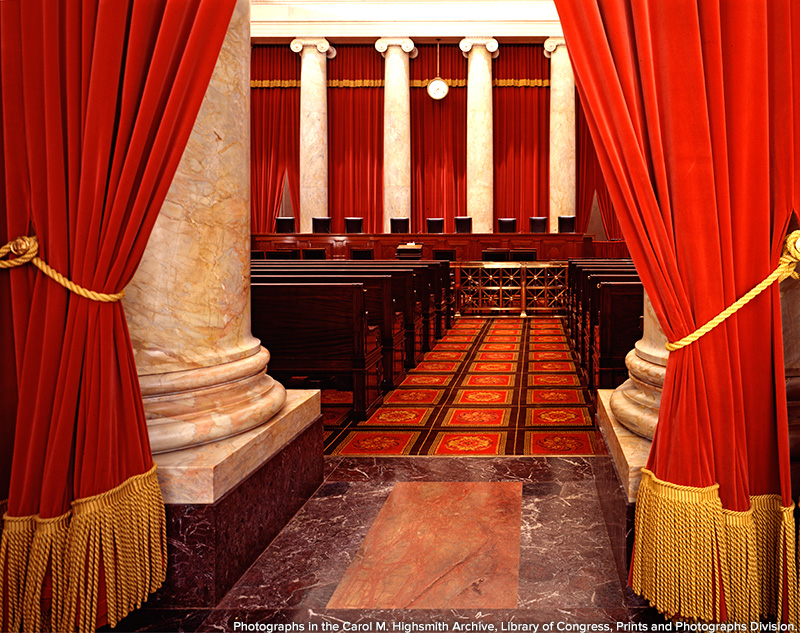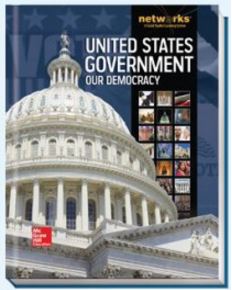
A New Supreme Court Opening
Back in the summer, shortly following the landmark Supreme Court Ruling on marriage equality, btw explained how the Court goes about hearing cases, its role in interpreting the Constitution and some examples of other notable cases throughout its history.
The sudden death of Justice Antonin Scalia on February 13, and the instant controversy over his replacement, gives us another opportunity to look at different aspect of the highest court in the land. But first, a remembrance.
Loss of a Legend
Born in New Jersey, Italian-American Antonin Scalia was educated at Georgetown University and then Harvard Law School. He became a lawyer at a private firm, taught law at both the University of Virginia and the University of Chicago, and served in both the President Richard Nixon and Gerald Ford administrations. He and wife Maureen had nine children.
President Ronald Reagan first appointed him to the federal appellate court in 1982, and then to the Supreme Court in 1986. Scalia’s political affiliation is conservative. In interpreting the Constitution, Scalia was considered an, “originalist,” which means that he believed the document should be understood as when it was created. This is in direct opposition to those who believe that the Constitution was left intentionally open to interpretation to evolve as our society changes. Despite deep ideological differences with his fellow Justices, Scalia was nevertheless well respected for his intellect and warmth. He died in his sleep of natural causes while on a hunting trip in Texas. He was 79.
SOTUS Nomination Process

Click on the book cover to learn more about the McGraw-Hill Education network title “United States Government.” Photo credit: McGraw-Hill Education
There were only five justices in the first Supreme Court (in 1789); today, there are nine. The number is deliberately an odd number so that there are no decision may end with a tie. The appointment of a new justice requires the cooperation of the president and the Senate. The president is the only one who has the authority to select a new justice, but that choice must be “confirmed” (voted on) by the Senate. This division, described in the Constitution (Article Two), was a deliberate measure to maintain the balance of power between the Executive and Legislative branches of our government.
Because appointees typically reflect the political ideology of the president (Republicans typically choose conservative judges and Democrats usually choose liberal judges), and because the term of a Supreme Court Justice is for life or until he or she retires, the selection of a new justice is a very important process.
The fact that a Democrat president currently has the opportunity to replace a Conservative judge but must gain the approval of a Republican-controlled Senate is a rare and history-making moment.
Related Links
President Obama wrote about his duty as president to name a Court nominee on the SCOTUS blog site. You can read it here.
Republican Party senators on the Senate Judiciary Committee published their own pledge not to consider any of President Obama’s nominees before the national election is concluded. You can read what they had to say from this link.
Also on the SCOTUS blog is a tribute to Justice Scalia.
Finally, here is a FOX News broadcast video about the political debate over Scalia’s replacement.
What Do You Think?
Some believe that the next president should appoint the new Justice, while others believe that it should happen before the election. Republican Senators have already promised to block any candidate Obama presents for their approval. Do you think their reasoning is justified? Why or why not? Do you think that a new Justice will be named before the end of the year? Explain your answer.


